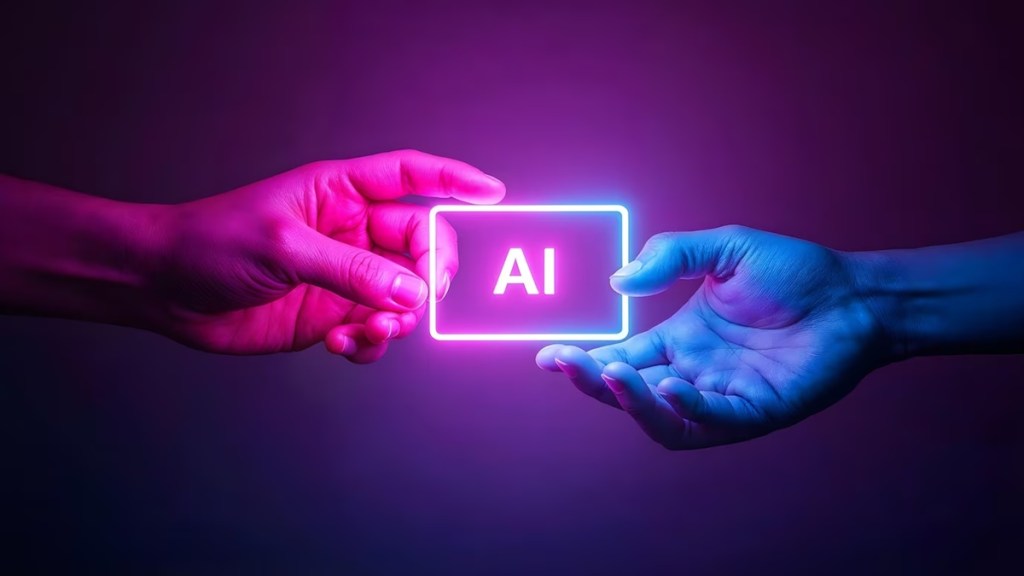By Anil Nair, Founder, ThinkStreet
Diella is Albania’s new cabinet minister in charge of public procurement, appointed by PM Edi Rama. This decision goes against the Albanian constitution which states that government ministers must be mentally competent citizens, aged at least 18 years of age. Because Diella is an artificial intelligence (AI) bot, with a name that sounds like a pop star and means “sun” in Albanian.
The prime minister is into his fourth term and this novelty is a global first, intended to ensure public tenders in Albania will be 100% free of corruption. Interestingly, Diella has prior experience—having reportedly helped a million applications on the e-Albania platform, processed 36,000 digital documents, and delivered about 1,000 types of services to citizens since January 2025. Gazment Bardhi, leader of the opposition, however, called out Diella for being “a propaganda fantasy”. When her appointment was put to vote, the centre-left Socialist Party in power voted in favour, while the opposition didn’t participate.
Albania has been struggling with corruption for a very long time now, with news headlines alleging that the country’s systems actually aid the laundering of drug and arms money, and that corruption plagues the highest levels of government.
PM Rama is keen to see Albania join the European Union (EU) by 2030, which hinges in large measure on the country repairing its reputation and credibility.
This big move announces the intent to do that in one fell sweep.
Could it work? For one, the new minister, being a bot, won’t be enticed by monetary bribes. The system could be codified, such that rules are completely transparent every step of the way, and applied uniformly and unambiguously, steering clear of nepotism or bias. Delays, the hallmark of most government systems, can be precluded entirely, given the AI system’s ability to glean and process vast volumes of data efficiently, spot irregularities, and resolve issues quickly.
But the downsides are many. Diella’s wrong decisions won’t have adequate ownership or accountability and could be explained away as a system error. The system will be vulnerable to hacking, data poisoning, unintended or motivated programme biases—or black-box algorithms that shift corruption to opaque places. In addition, the obvious legal inadequacies must be addressed rapidly, which may be an unrealistic expectation in the initial stages. Diella, developed by the National Agency for Information Society of Albania in cooperation with Microsoft, has been created in the likeness of actress Anila Bisha, and speaks in her voice.
On a lighter note, we know that even in raucous cabinet meetings, Diella’s ripostes will be measured, and can assume that she will insist on gratification details being uploaded on the procurement portal. There won’t be any half-answers, given her search and assimilation capabilities, re-election campaigns will always be about requesting for the right click, and downloading disallowed files will be how scandals of the future will be. Of course, Diella will be a power guzzler of gargantuan proportions. And how she reacts to human supervision will be utterly riveting.
Are there any precedents? Diella appointment as a minister is unprecedented, just like it’s positioning and projection as a symbol of anti-corruption. But there are some interesting antecedents. Estonia, a pioneer in digital governance, created a bot called KrattAI to serve as a virtual public servant, helping citizens navigate public services. In 2018, Tama City in Japan had activist Michihito Matsuda running for mayor as a human proxy for an AI programme. While the AI mayor had amazing skills in analysing citizen petitions at great speed, the electorate finally chose a human.
China has internet courts, operating since 2017, dealing with cases relating to intellectual property, e-commerce, bad loans, property and civil cases, with AI-powered holographic 3D judges presiding, operating 24/7 every day. Imagine what that would do for India, which has a backlog of over 50 million cases across our courts. That’s worth a thought.
The larger question that begs an answer is whether a technology solution can really fix systemic issues without genuine political and institutional reform. The Albanian government is particularly vulnerable because of its history vis-à-vis public procurement. And while the system seeks to correct behaviours involving patronage, incentives, power lobbies, and diffused accountability, will the political resolve remain as strong when the power dynamics deriving from money or the lack of it change dramatically? What can a bot do if the political firmament, judicial system, bureaucracy, press, and civil society remain infected by corruption? Technology is but an enabler. Without a deep-rooted holistic makeover, this effort could well remain symbolic.
In this day and age, we can do without a system that may just get more efficient at being corrupt and much smarter at subversion behind a veil of transparency.

